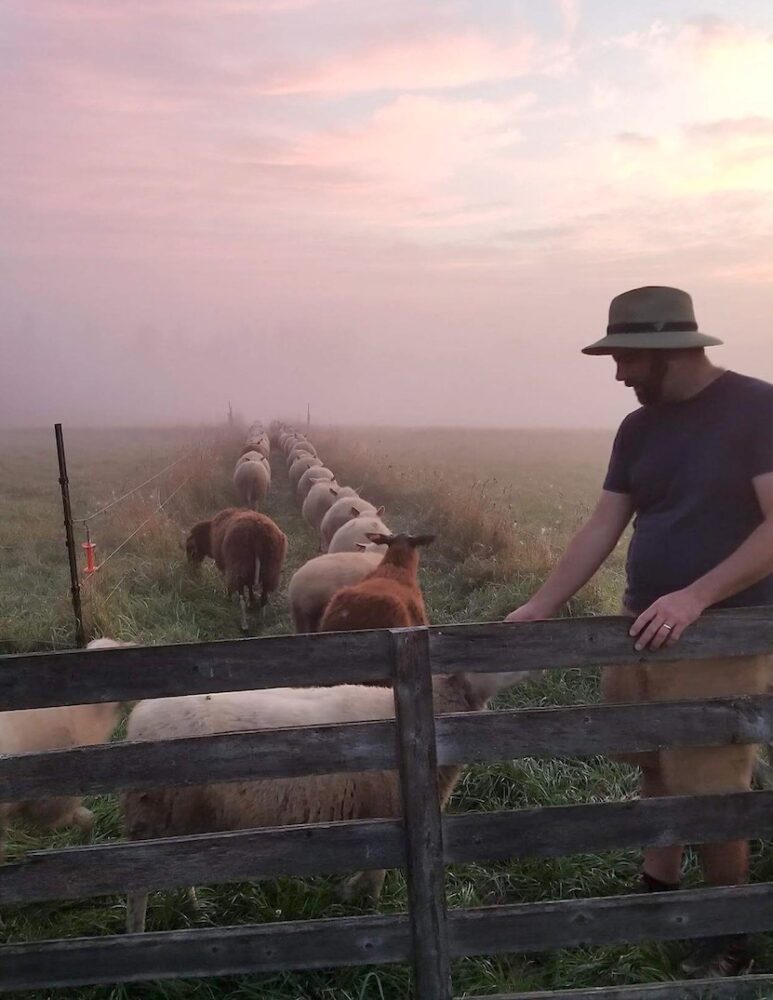
Collecting and sharing first-person stories about the experiences of Ontario rural residents will be the focus of a new online University of Guelph archival project.
The People’s Archive of Rural Ontario (PARO) will use various digital formats to share stories of rural residents who are often under-represented in media.
“PARO is intended to be an online, multimedia repository that is widely accessible, a fully open-access space to share stories from rural storytellers and bring value to those stories,” said Dr. Josie Wittmer, PARO coordinator and recent U of G PhD graduate. “These important stories will live on in perpetuity on the website, allowing people to read, view or listen to them well into the future.”
PARO was developed by three U of G professors — Dr. Belinda Leach and Dr. Sharada Srinivasan in the College of Social and Applied Human Sciences, and Dr. Catharine Wilson in the College of Arts — and agricultural journalist Owen Roberts.
The project was funded by the Social Sciences and Humanities Research Council as well as the Francis and Ruth Redelmeier Professorship in Rural History and the Canada Research Chair in Gender, Justice and Development, both at U of G.
“The project aims to build understanding between urban and rural citizens, fostering appreciation for rural voices and stories,” said Srinivasan.
The website will launch on Nov. 24, 10 a.m., during an online event featuring U of G president Dr. Charlotte Yates; Rob Black, Canadian senator and chair of the PARO advisory board; and P Sainath, founder of the People’s Archive of Rural India, which inspired PARO.
The event will include a virtual tour of the archive by PARO’s knowledge mobilization associate, Dr. David Borish, also a recent U of G graduate.
Srinivasan said PARO stories are told by everyday people in video, audio, photographic or text formats. PARO is about privileging the voices, experiences and perspectives of rural Ontarians, giving residents many ways to tell their stories, and fostering different ways of thinking about and understanding rural life, she said.
“People have different ways of sharing their stories. We want to be an archive that genuinely provides a space for people’s stories, and so we have to be open to the different media people use to tell their own stories in the way they think those stories should be told and presented, in the medium that suits them and their stories.”
Organizers expect the archive to become an educational resource for students from elementary to post-secondary, and for anyone interested in studying rural Ontario, including policy makers and academics.
A team of U of G graduate research assistants is now collecting stories from rural storytellers across Ontario. They hope people will contact the group to share their stories.
“There is great importance to documenting stories in people’s own words,” said Wittmer. “Being featured in a space where their voices are seen, heard and appreciated by broader audiences has great value. People have been very excited about presenting their stories and sharing them with their families, friends and communities.”
Visit the archive and register for the event at the PARO website.
Contact:
Dr. Sharada Srinivasan
sharada@uoguelph.ca